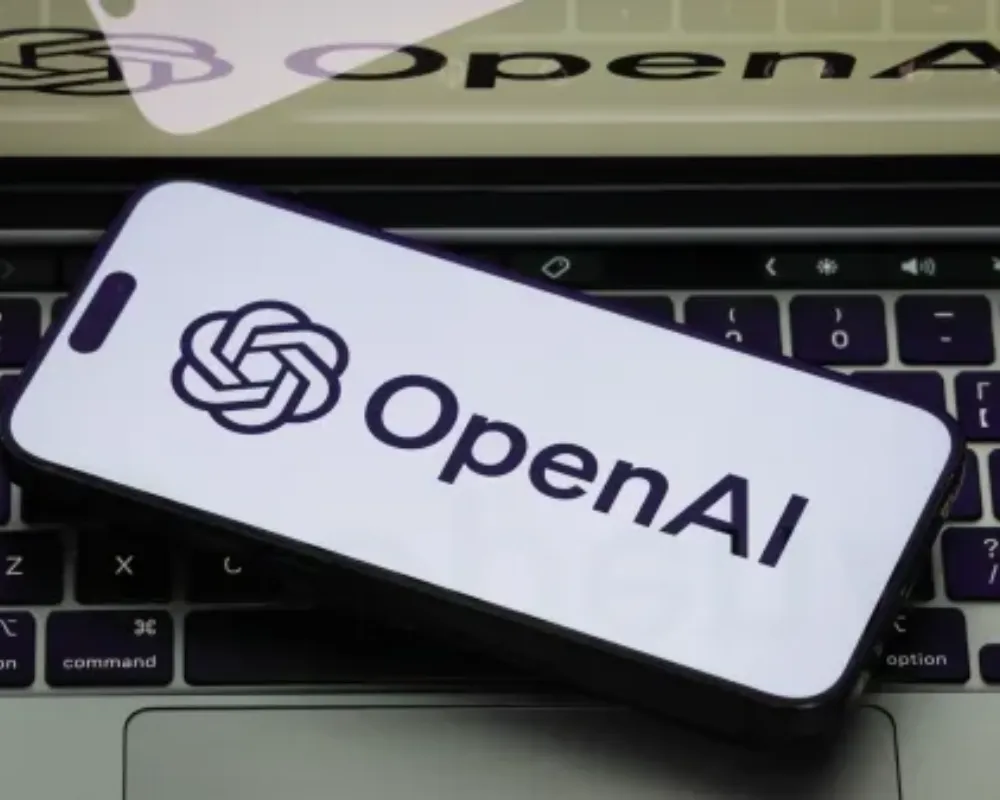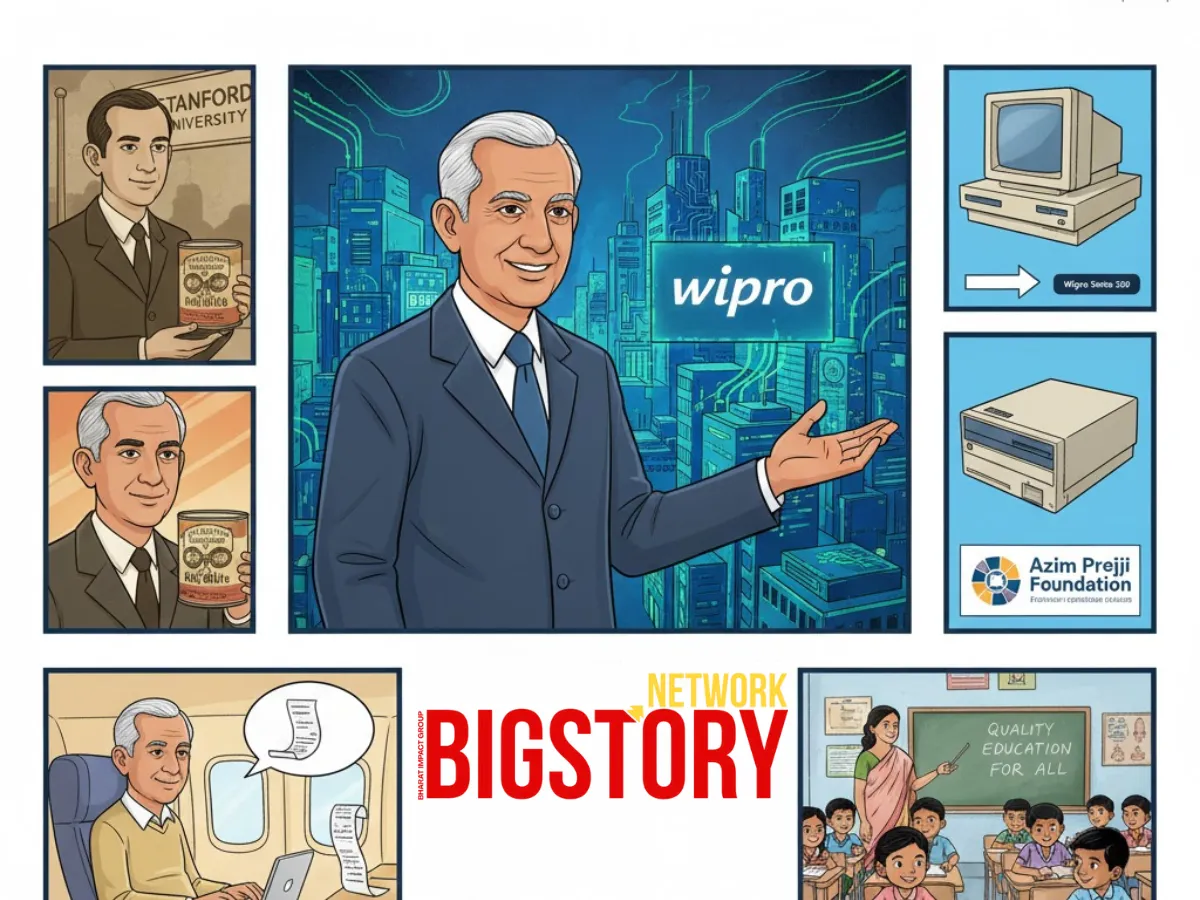The Pentagon has awarded $200 million contracts each to Google, OpenAI, xAI, and Anthropic to develop "agentic AI workflows" for critical national security missions.
 Minaketan Mishra
Minaketan Mishra

Washington D.C. – In a significant push to integrate cutting-edge artificial intelligence into its operations, the U.S. Department of Defense (DoD) has awarded substantial contracts to four leading American AI firms: Google (Alphabet), OpenAI, Anthropic, and Elon Musk's xAI. Announced on Monday, July 14, 2025, each contract carries a ceiling value of $200 million, aimed at scaling up the adoption of advanced AI capabilities to address critical national security challenges.
The contracts were announced by the DoD's Chief Digital and Artificial Intelligence Office (CDAO), which stated that these partnerships will enable the department "to leverage the technology and talent of U.S. frontier AI companies to develop agentic AI workflows across a variety of mission areas." "Agentic AI workflows" refer to advanced AI systems capable of not just generating content but also planning and executing complex tasks autonomously, under human supervision.
This initiative marks a strategic effort by the Pentagon to draw directly from the rapid advancements in the commercial AI sector, rather than solely relying on traditional defense contractors. Doug Matty, the Chief Digital and AI Officer, emphasized that "the adoption of AI is transforming the Department's ability to support our warfighters and maintain strategic advantage over our adversaries." He added that leveraging commercially available solutions will "accelerate the use of advanced AI as part of our Joint mission essential tasks in our warfighting domain as well as intelligence, business, and enterprise information systems."
The move builds on a previous $200 million contract awarded to OpenAI last month, which focused on prototyping "frontier AI capabilities" for both warfighting and enterprise applications. The latest awards expand this effort, bringing in more of the major players in the AI landscape.
The Pentagon's aggressive embrace of commercial AI aligns with a broader push within the U.S. government. A White House directive in April 2025 encouraged the integration of AI, and President Donald Trump has moved to soften regulations on the technology, revoking a 2023 Biden-era executive order that sought to mitigate AI risks through mandatory data disclosures.
However, the increasing reliance on external AI firms also raises questions about competitive contracting and the ethical deployment of AI in military contexts. Democratic Senator Elizabeth Warren, for instance, had previously urged the DoD to ensure competitive AI contracting amidst concerns about dominant players like xAI gaining ground within federal agencies.
This series of contracts signifies a pivotal moment in the integration of cutting-edge AI into national security. The DoD aims to ensure a strategic advantage over adversaries by harnessing the most advanced AI capabilities the U.S. industry has to offer, while navigating the complexities of ethical use and broad-scale implementation. The coming years will see how these partnerships transform defense operations and shape the future of warfare.






Sign up for the Daily newsletter to get your biggest stories, handpicked for you each day.
 Trending Now! in last 24hrs
Trending Now! in last 24hrs